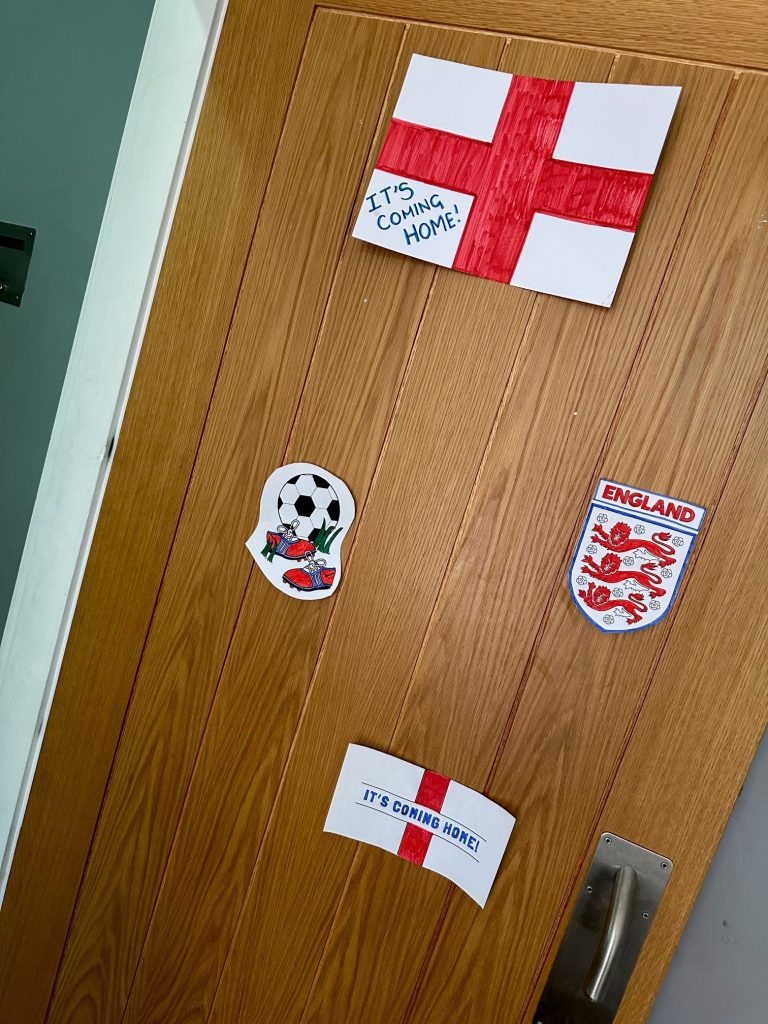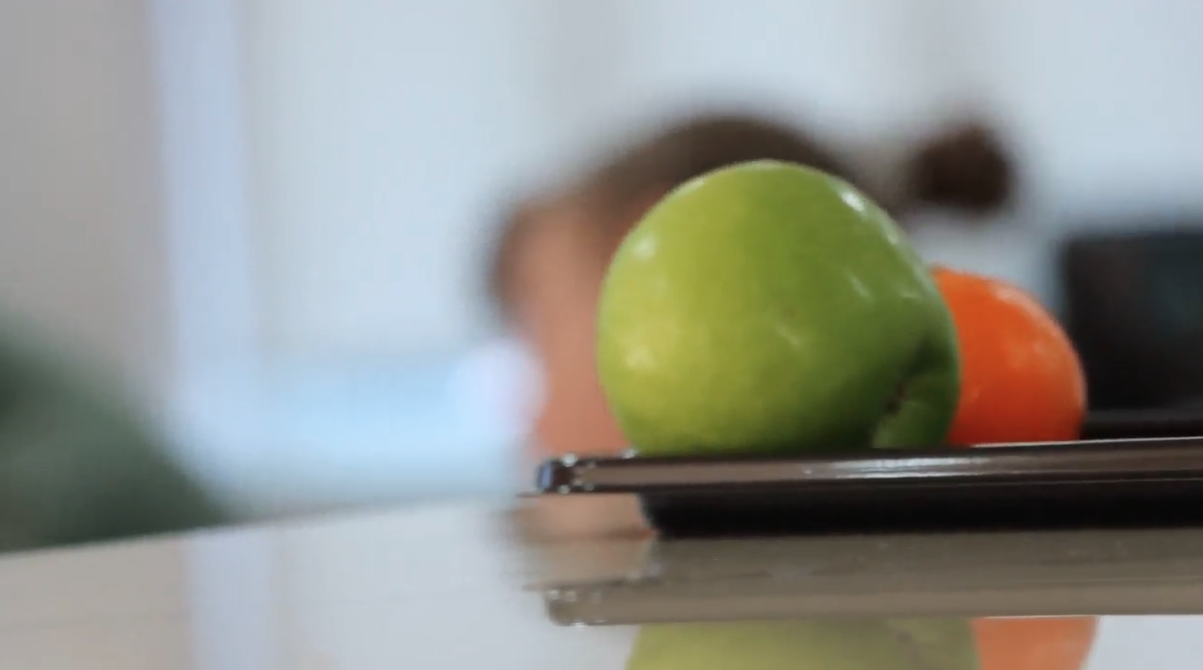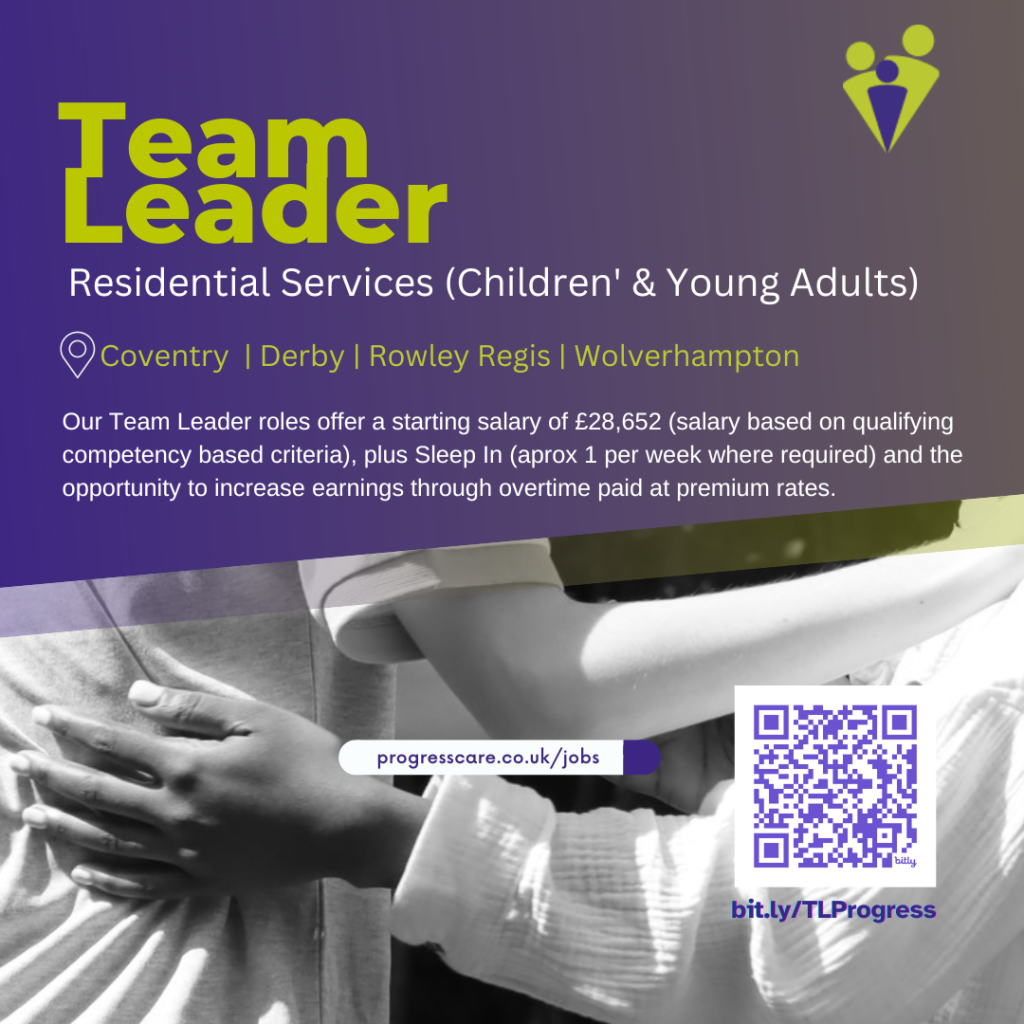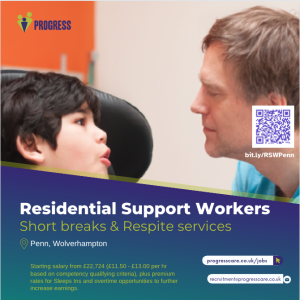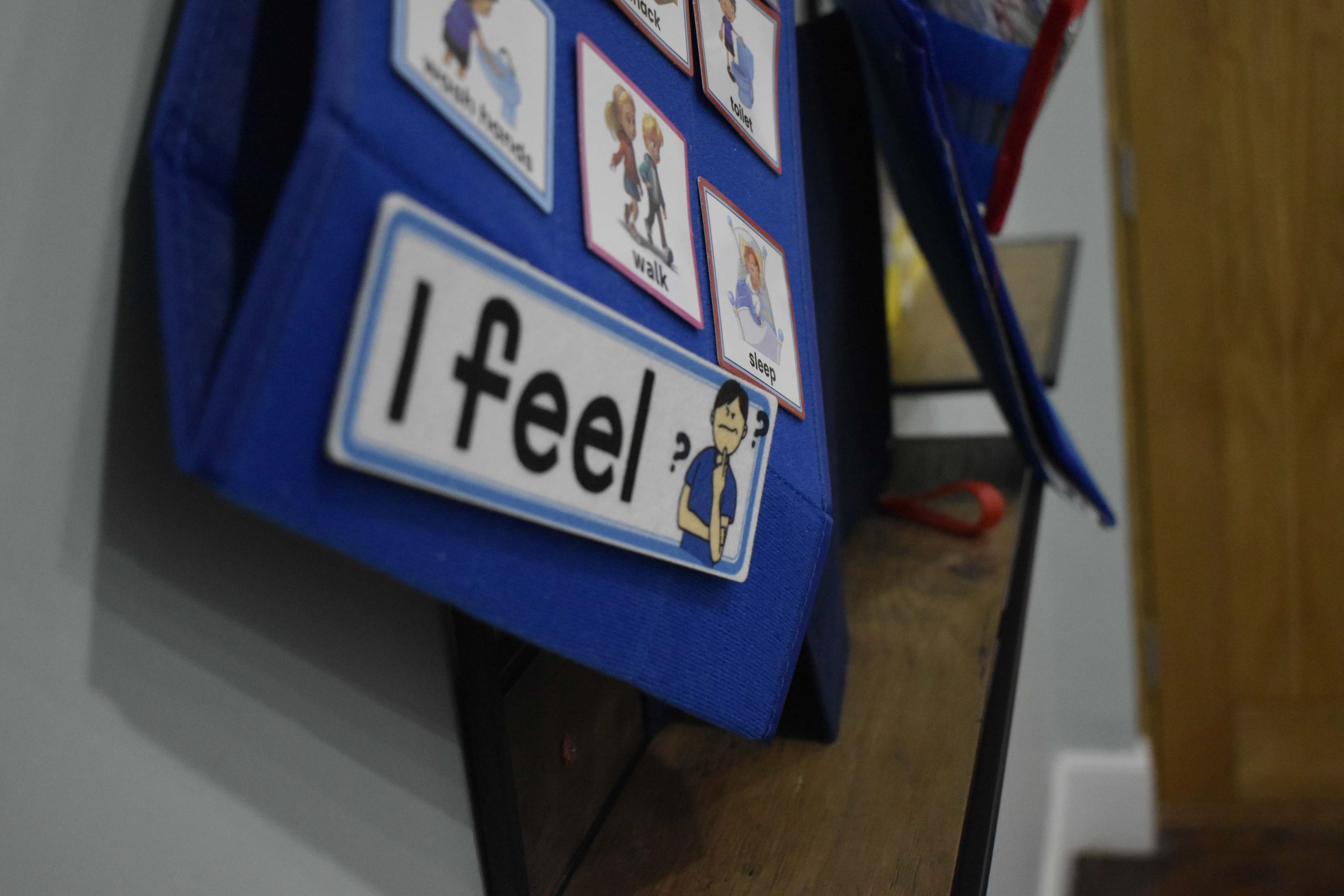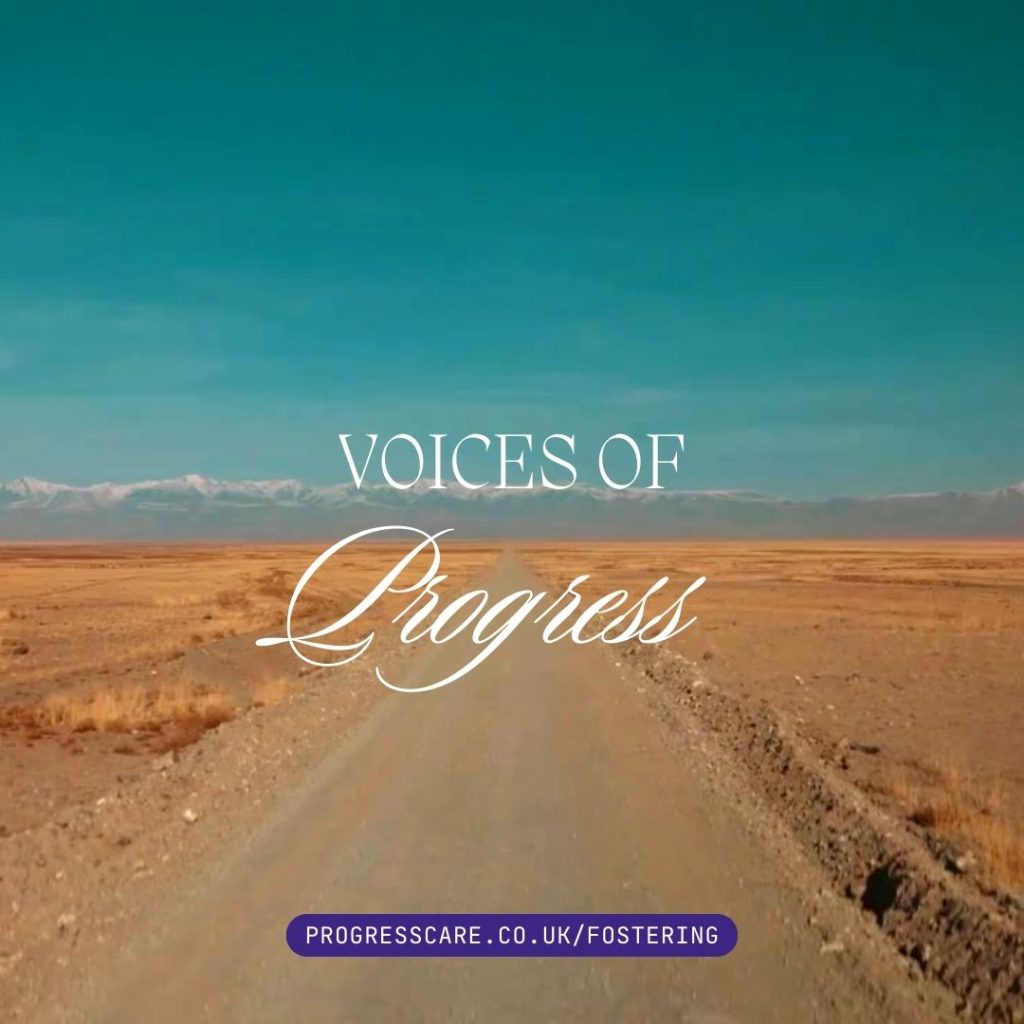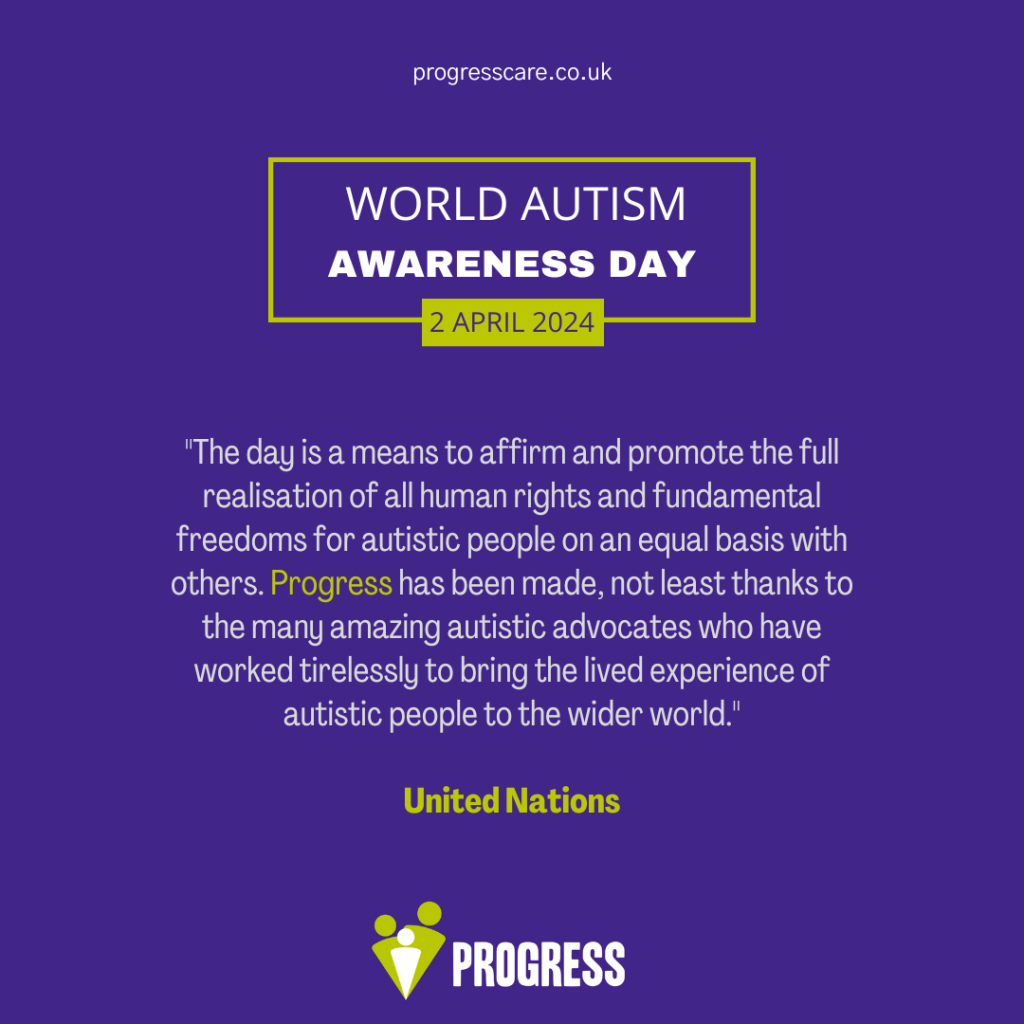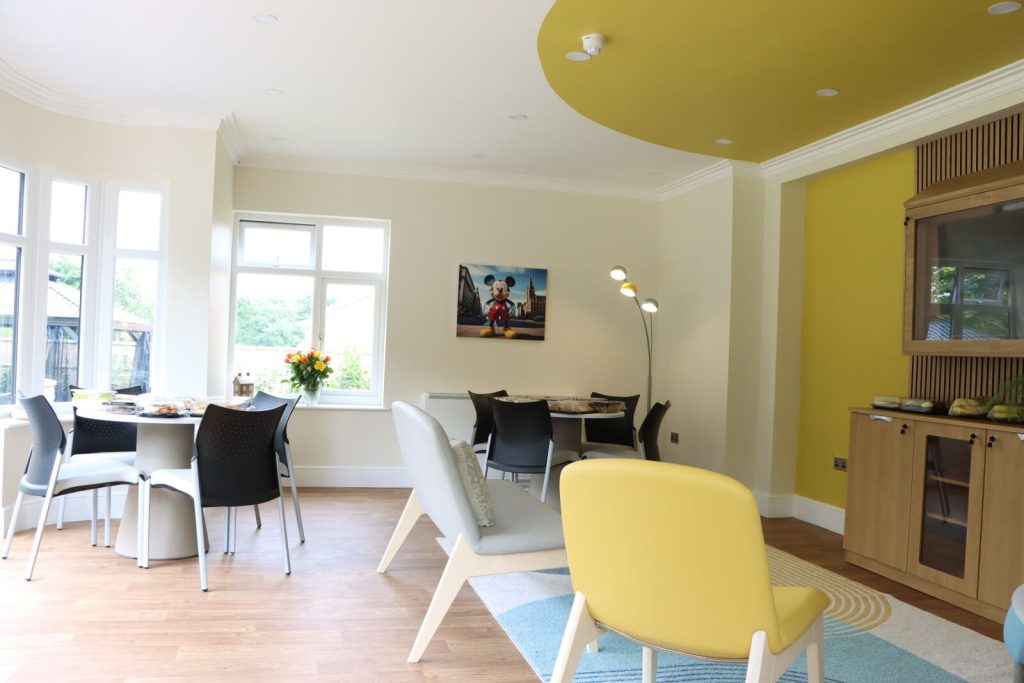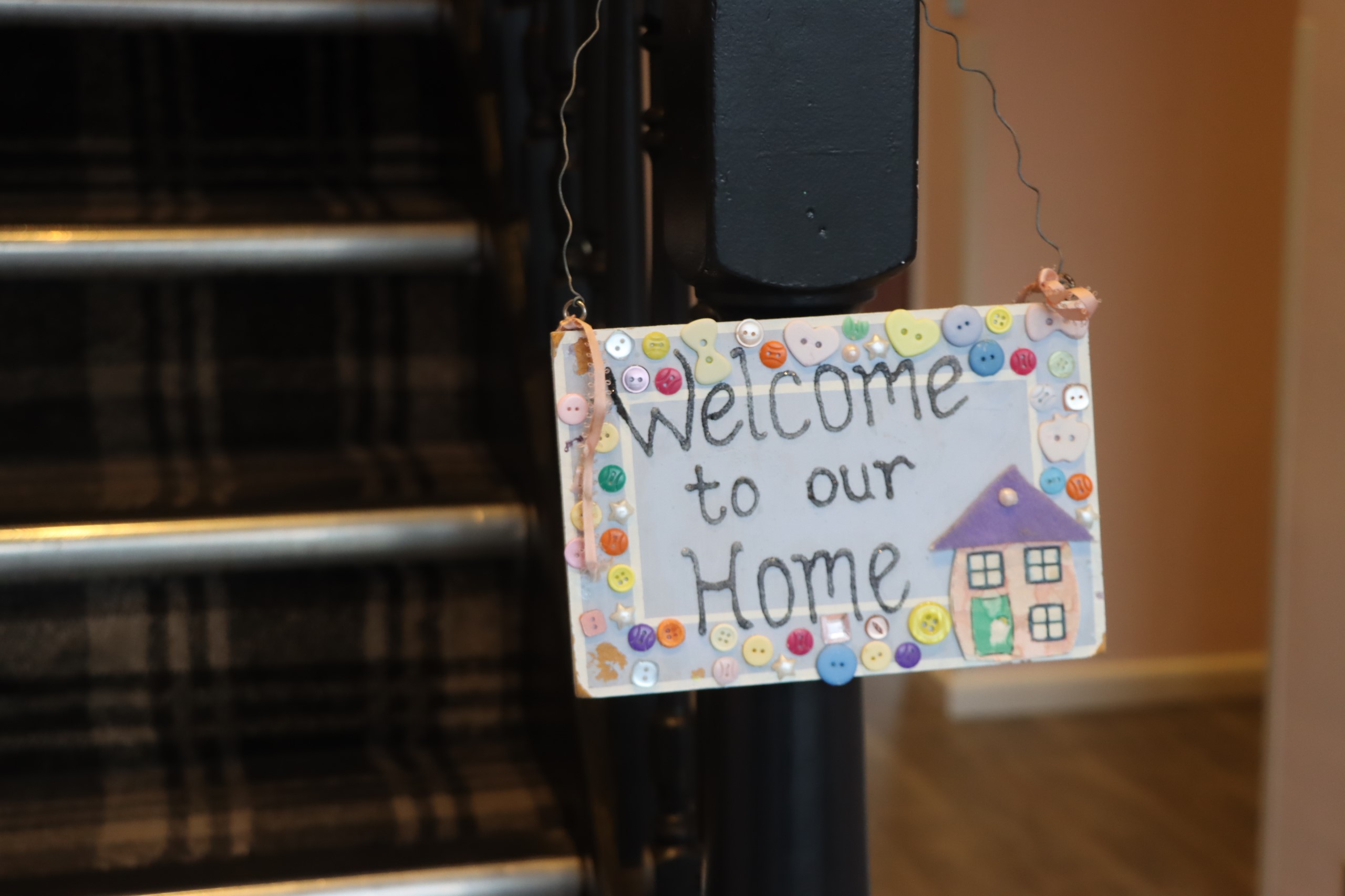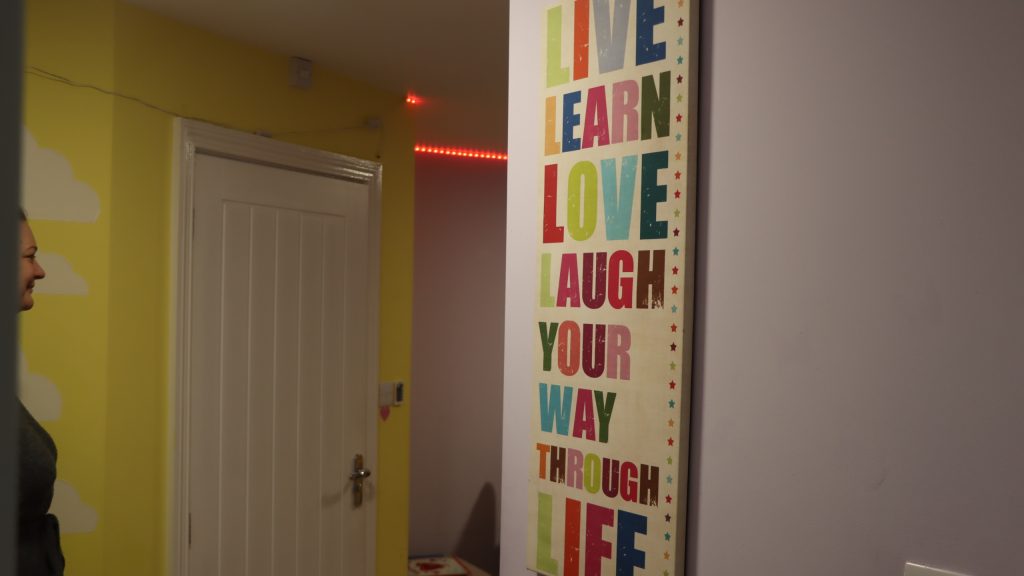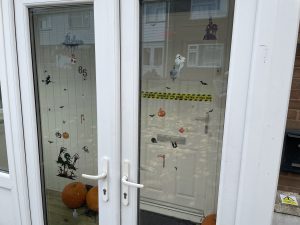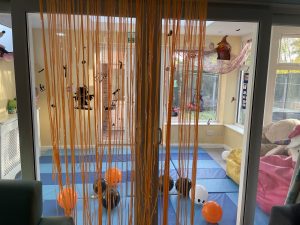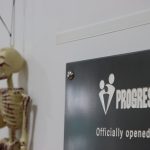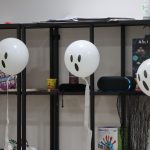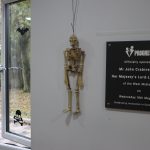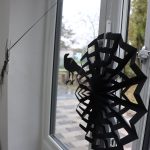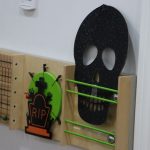At Progress Children’s Services, the focus is on meeting the unique needs of young individuals, especially children with complex challenges. Josh, manager of one of our new children’s homes, offers an in-depth look into the service’s distinctive approach, its journey, and the impactful progress achieved within a short period.
The home, Hilton House, is built on a singular focus: providing individualised care for young people with complex needs. As Josh reflects on the service’s inception, he emphasises, “our goal was to create a haven where each individual receives tailored support, recognising the uniqueness of their challenges and strengths.”
The journey started in November 2023, when the first young person moved in. Josh highlights the cohesive bond formed among staff members. “We’ve built a team that understands the intricacies of specialised care, creating a supportive environment for both residents and staff,” he notes.
As the home continues on its mission, Josh noted that the key to overcoming challenges is the dedicated team understanding the importance of trust-building and the need for a secure environment. “We navigate challenges together, ensuring the well-being and comfort of our residents,” he explains.
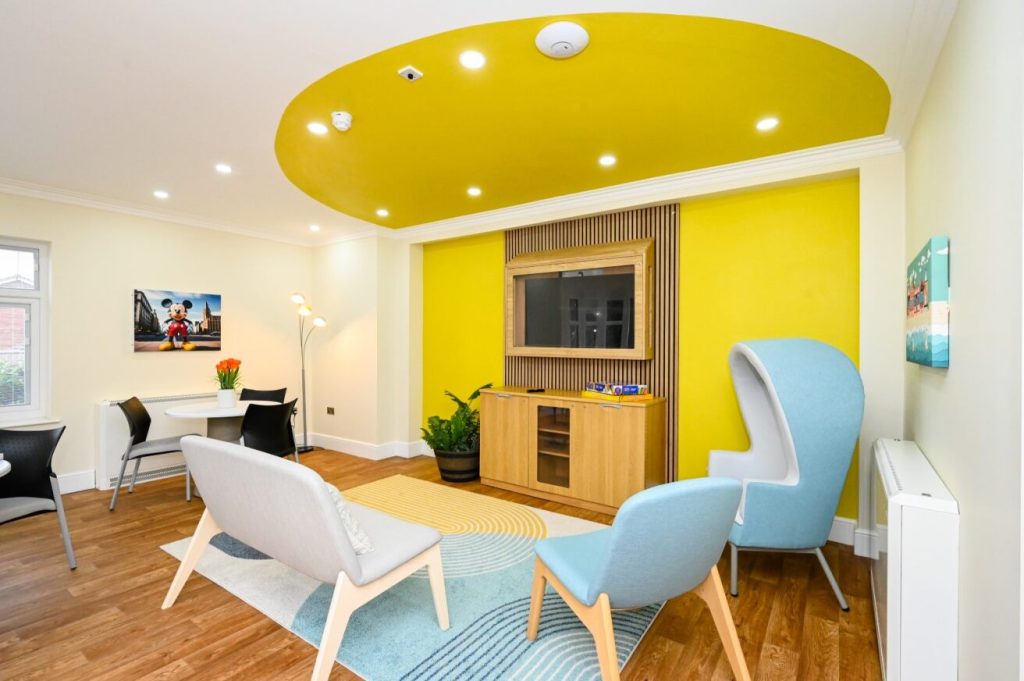
Qualities of the Ideal Team Member
Comprising individuals with extensive experience in the care sector, Josh’s team has been instrumental in achieving early successes. However, recruitment remains an ongoing focus. “We are committed to bringing in individuals who share our passion for specialised care. Finding the right team members, especially those willing to commit to full-time roles, is crucial for our continued success,” Josh states.
Josh articulates the qualities he values in team members, emphasising the importance of patience, understanding, and a willingness to invest hard work. “Our ideal team members recognise the significance of small achievements and approach their work with compassion. They understand the journey and challenges that come with specialised care,” he highlights.
The Joy of Caring: The Heart of the Service
For Josh, the joy of caring lies in witnessing achievements of young people. “It’s about celebrating the small steps, the gradual independence achieved by our residents. The unique challenges of each day are met with teamwork, compassion, and a genuine commitment to making a positive impact,” he shares. He added that Progress places a strong emphasis on the personal growth and development of everyone under its care.
The team at Hilton House have rapidly built a shared trust and remarkable achievements. Josh attributes this success to experienced staff and effective team dynamics. “Trust is at the core of our approach. The successes we’ve witnessed are a testament to the dedication of our team and their ability to form strong connections with the residents,” he affirms.
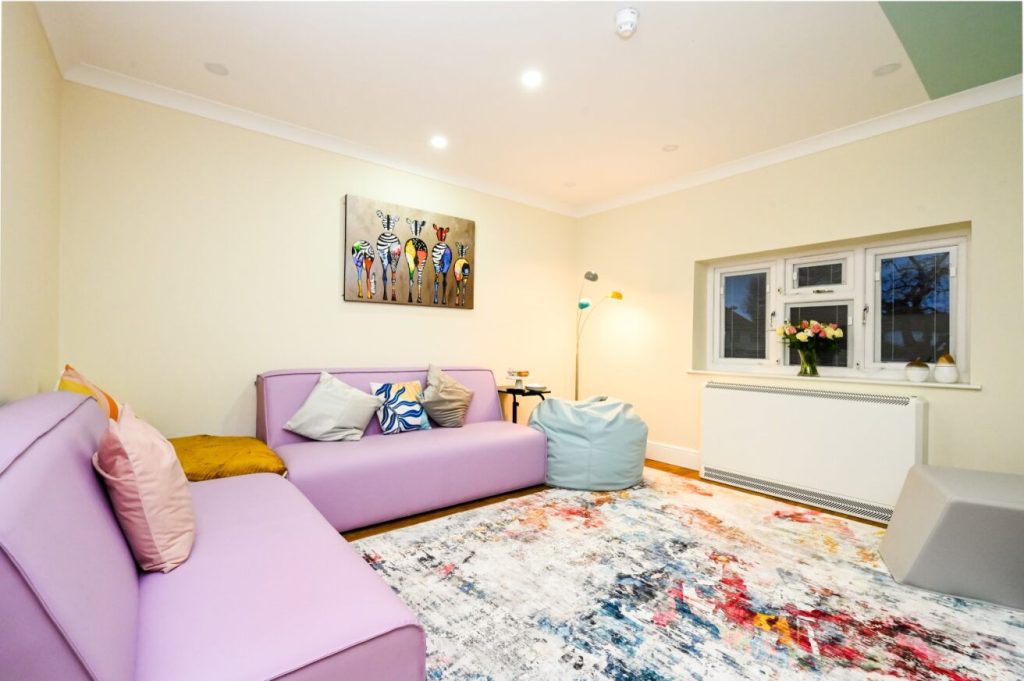
Blending Experience and Expertise
As the discussion turns to prospective team members’ qualifications, Josh emphasises the importance of both experience and formal qualifications. “We welcome individuals from diverse backgrounds, including those with experience in elderly care or different children’s homes. Personal qualities, such as patience and understanding, are equally vital in our line of work,” he states.
Josh shares his personal journey, highlighting the transition from agency work to a fulfilling career in residential care. “Residential care offers camaraderie, teamwork, and a constant stream of new challenges. It’s not just a job; it’s a career that becomes immensely rewarding when approached with dedication and passion,” he reflects.
A Bright Future Ahead
Josh provides a glimpse into the ongoing progress at the service. “Our structured approach to transition and dedicated team have laid the foundation for positive outcomes. As we continue to grow, our impact on the lives of the young individuals we support will only strengthen,” he expresses with optimism.
The home stands as a testament to the transformative power of specialised care. Through its unwavering commitment to individualised support, compassionate team dynamics, and a focus on positive outcomes for our children and young people, Josh and his team members at the service are carving a distinctive path in the realm of children’s services. The journey is ongoing, with the promise of a brighter and more fulfilling future for the residents under its care.
We have career opportunities for experienced Support Workers for our children’s homes in Aldridge and Wolverhampton. Contact us to book your space at our forthcoming recruitment day. Shifts Available: Earlies and Lates OR Long Days, Nights – Full Time Hours. Send your CV to recruitment@progresscare.co.uk
Or call 01902 561 066

